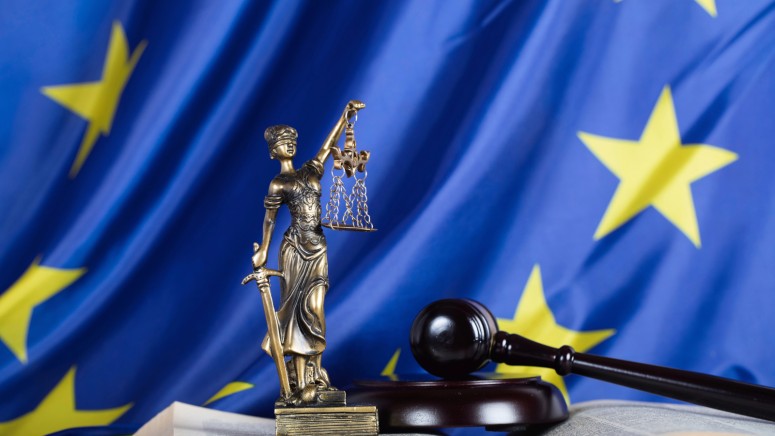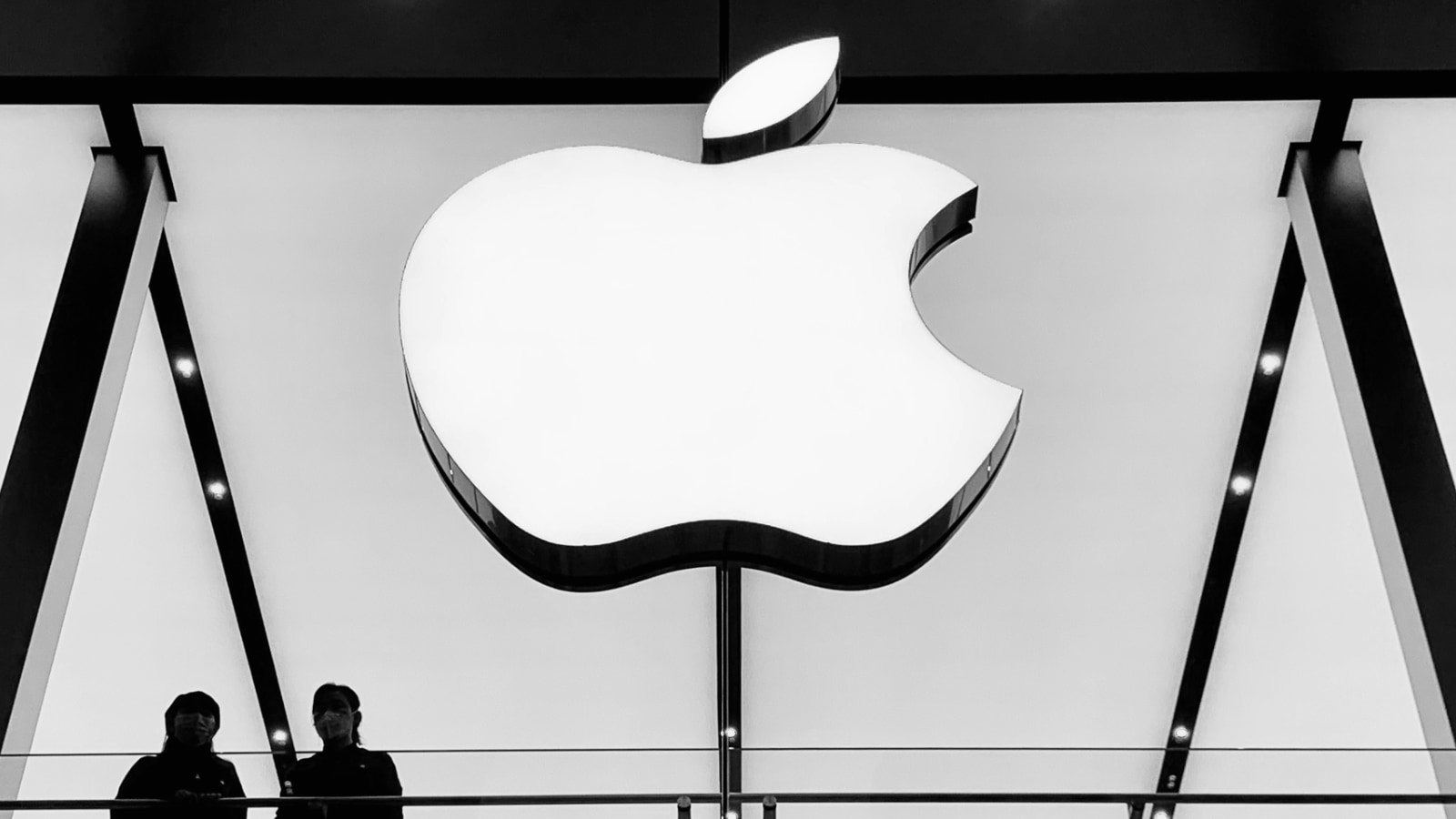
EU Commission Launches Antitrust Investigations Targeting Apple
- The time when Apple is called to give explanations for its anti-competitive practices is approaching.
- The EU Commission has opened two antitrust investigations against the American tech company.
- This follows a set of letters of official complaints submitted to the commissioner, reporting unfair competition practices.
The European Commission has announced that it is launching an antitrust investigation into the rules that underpin the operation of Apple’s App Store. The regulatory body wants to determine whether Apple is violating EU competition laws and openly informing users about cheaper alternative options or ways to purchase the software. In parallel, the EU Commission will also investigate the internals of Apple Pay to figure if the terms of conditions for integrating the particular payment service are unlawfully preventing competition or not.
The first aspect which concerns the App Store is supported by the official complaints submitted by Spotify in March 2019. The music streaming provider warned the EU body that Apple’s license agreement with developers and the App Store’s guidelines are crafted specifically to eliminate competition from third-party developers. More recently, an e-book and audiobook distributor filed a second complaint, detailing the same problems, with Apple preventing them from distributing their files in a manner that would ensure competitiveness.
In regards to Apple Pay, the Commission has found that Apple limits the NFC (near field communications) functionality and “tap and go” features when the system is integrated into some merchant apps. Even then, Apple Pay is the only payment system that has any access to the NFC hardware on the iPhone, so there’s no choice and no competition, really. The preliminary investigation of the EU Commission has found that Apple is purposefully putting additional restrictions on the integration of Apple Pay when the apps belong to one of its product and/or market competitors.
Both investigations will follow an in-depth approach, so they are unlikely to be completed any time soon. The cases are very complicated, and the investigators want to take a large number of factors into account before rushing into judgments. Thus, no deadline was set for either investigation. The Commission clarified that they would review Apple’s product guidelines and practices against the provisions of Article 11(6) and Article 16(1) of the Antitrust Regulation. Moreover, they would consider Article 101 and Article 102 of the TFEU. Apple will be given the right to defend its case and to provide explanations on specific points.
A couple of weeks back, we covered the news about Tile also knocking on the EU Commission's door, accusing Apple of anti-competitive practices that gradually bar its Bluetooth tracking products out of the iOS ecosystem. Apple denied the allegations then, but it seems that the EU already has enough on its table to launch investigations into Apple’s practices, figuring out whether they allow competition to thrive or strangle it through unlawful means.







